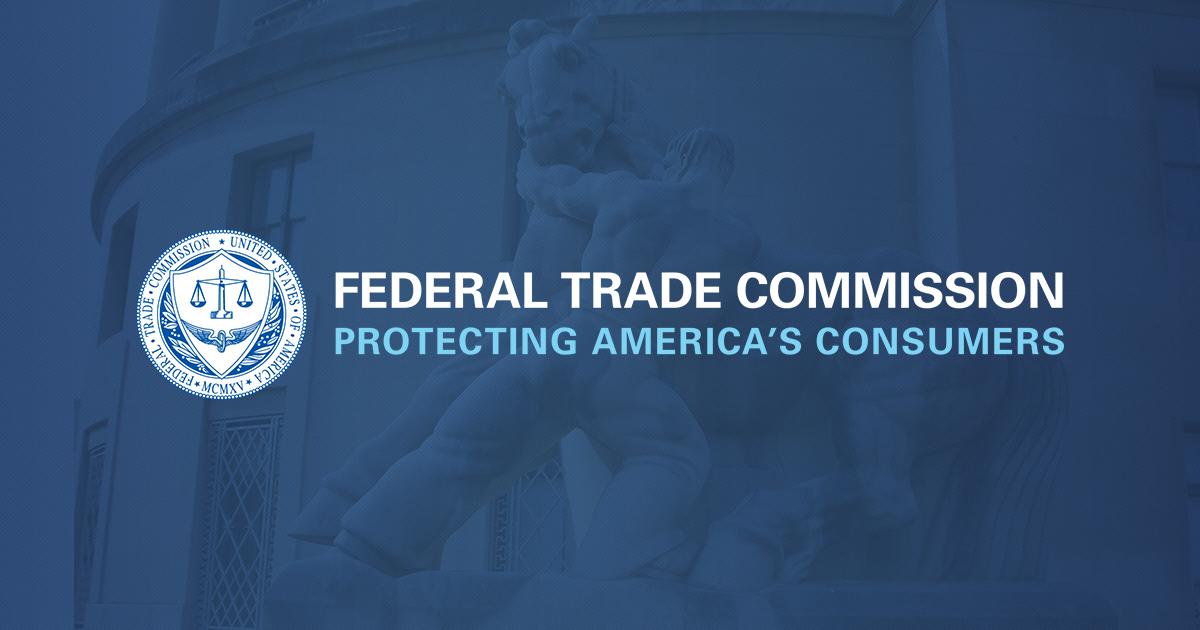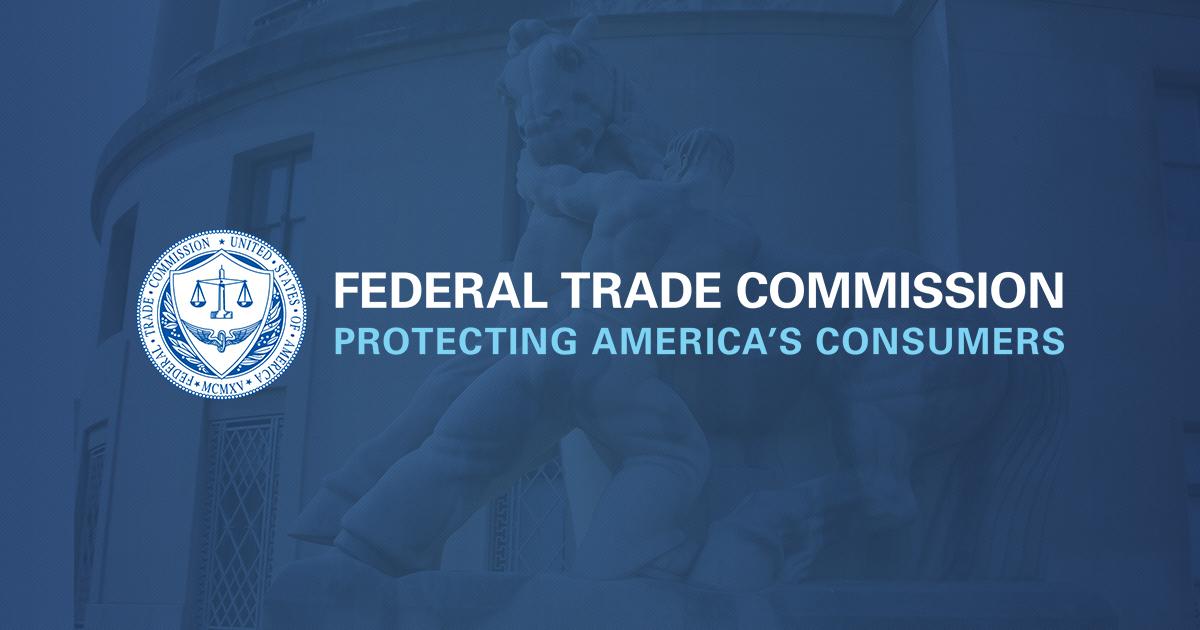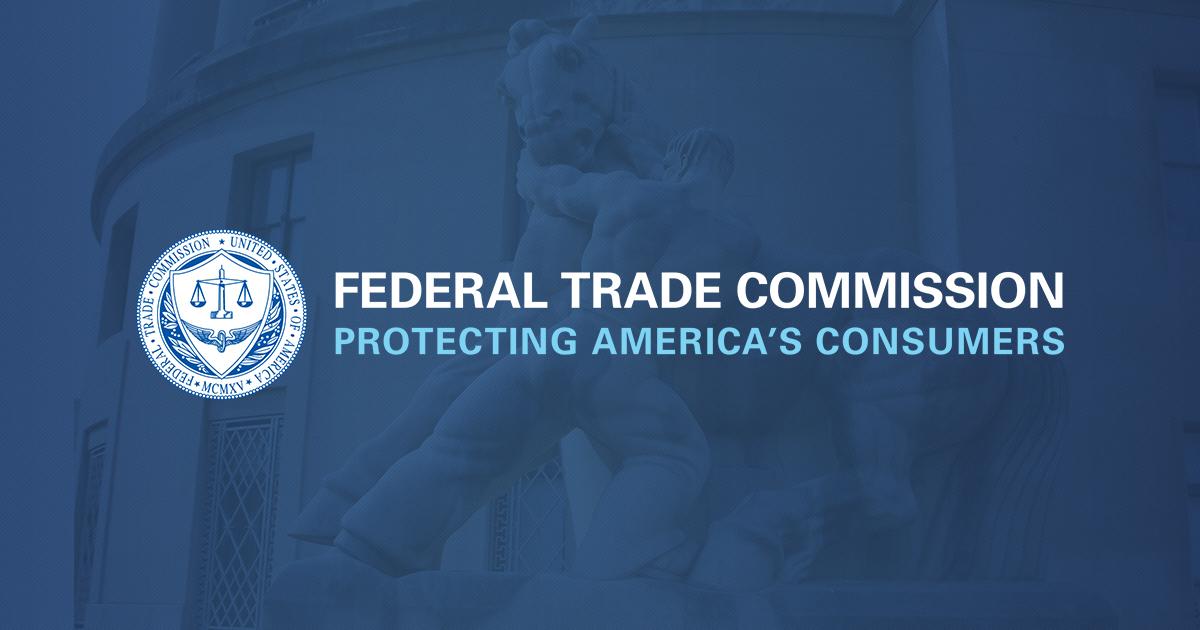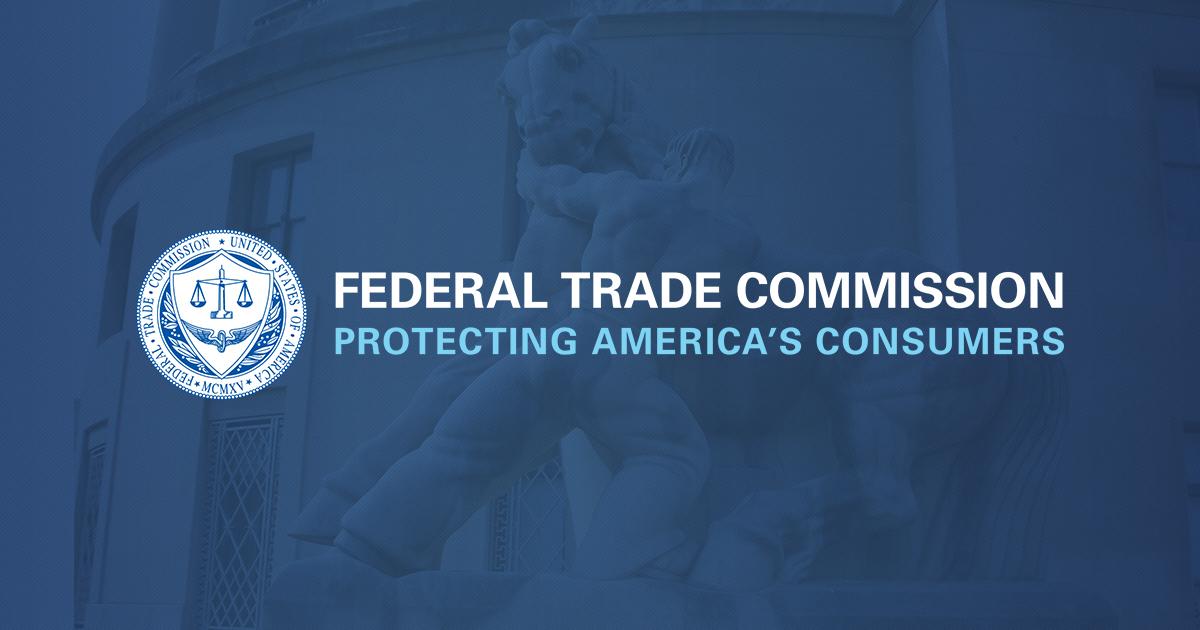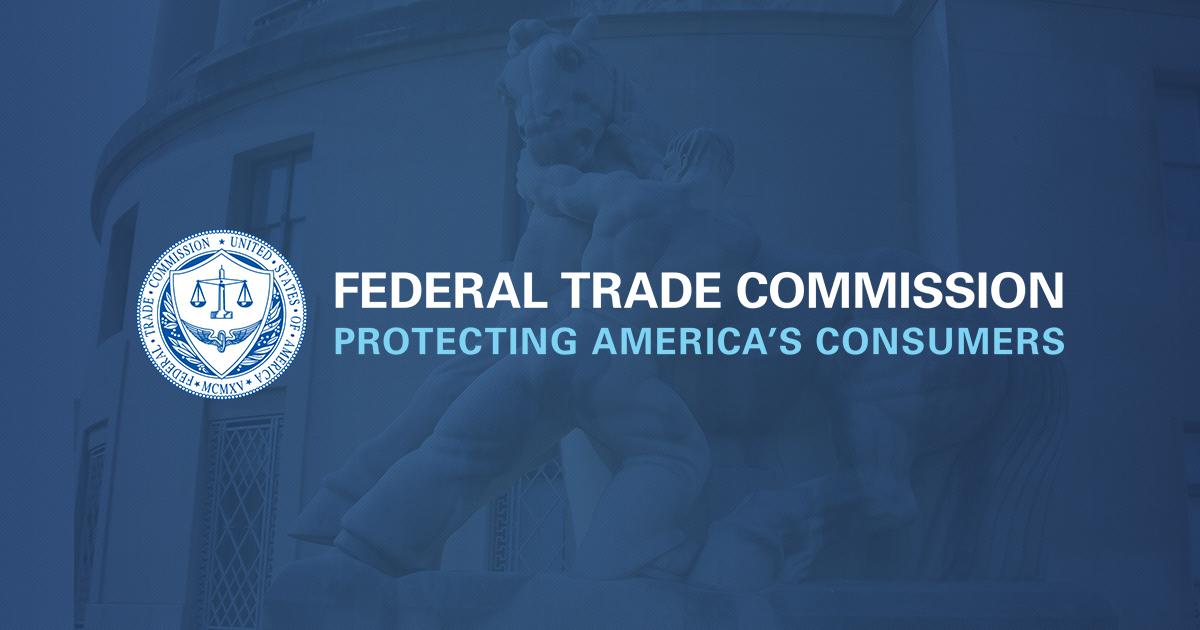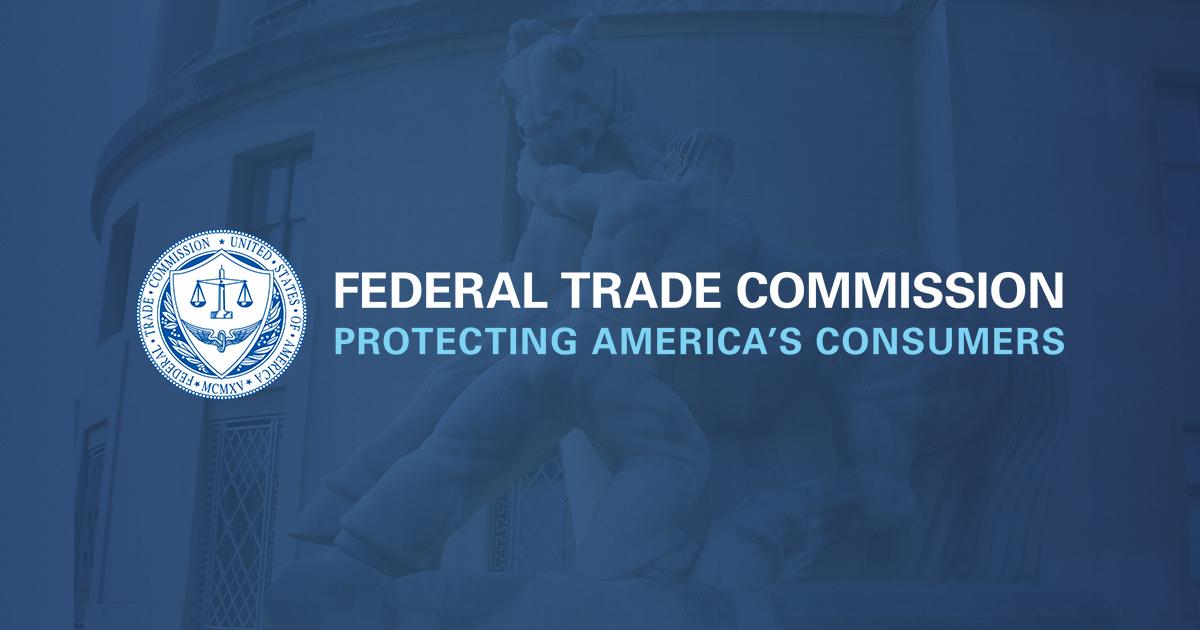The Federal Trade Commission will require the national outpatient kidney-dialysis chain DaVita, Inc. to divest its ownership interest in seven clinics – five in suburban and urban areas of New Jersey and two on the outskirts of Dallas, Texas – as part of a settlement resolving charges that its $358 million acquisition of competitor Renal Ventures Management, LLC would be anticompetitive.
DaVita is the second-largest provider of outpatient dialysis services in the United States and Renal Ventures is the seventh-largest. DaVita will divest the seven clinics to PDA-GMF Holdco, LLC, a joint venture between Physicians Dialysis and GMF Capital LLC. Physicians Dialysis has been in business since 1990 and currently operates several outpatient dialysis clinics.
Hemodialysis – the filtering of a person’s blood to replace the functions of a kidney – is a therapy that most patients with end-stage renal disease need to stay alive. Most patients must visit a clinic as often as three times per week for treatment, for three to five hours at a time, to obtain the life-sustaining therapy. Many end stage renal disease patients are very ill, making it difficult for them to travel too far from their home for treatment. As a result, competition between dialysis clinics usually happens at the local level.
According to the complaint, the acquisition would lead to significant anticompetitive effects in the New Jersey markets of Brick, Clifton, Somerville, Succasunna, and Trenton, and in the Dallas-area markets of Denton and Frisco. Currently, DaVita and Renal Ventures clinics compete directly with each other in these markets, and the merger would represent either a merger to monopoly or a reduction of competitors from three to two. Without that competition, the likely result would be reduced quality and higher prices for dialysis patients, the Commission alleges.
The Commission also alleges that new entry of competing dialysis in these seven markets is not likely, because the markets do not have sufficient available kidney specialists to support new competition.
Under the terms of the proposed settlement, DaVita, Inc. must obtain agreements from the medical director of each divested clinic to continue providing physician services after it transfers ownership to PDA-GMF Holdco; obtain consent from the relevant landlords to transfer leases for the facilities to the buyer; and provide the buyer an opportunity to interview and hire employees from the divested clinics.
Also under the proposed settlement, DaVita is barred from contracting with the medical directors of the seven clinics for three years, and it must provide transition services for up to 24 months. The proposed settlement also allows the FTC to appoint a monitor to ensure DaVita’s compliance.
Details about the case are set forth in the analysis to aid public comment for this matter. The Commission vote to issue the complaint and accept the proposed consent order for public comment was 2-0.
The FTC will publish the consent package in the Federal Register shortly. The agreement will be subject to public comment for 30 days, beginning today and continuing through April 27, 2017, after which the Commission will decide whether to make the proposed consent order final. Comments can be filed electronically or in paper form by following the instructions in the “Supplementary Information” section of the Federal Register notice.
NOTE: The Commission issues an administrative complaint when it has “reason to believe” that the law has been or is being violated, and it appears to the Commission that a proceeding is in the public interest. When the Commission issues a consent order on a final basis, it carries the force of law with respect to future actions. Each violation of such an order may result in a civil penalty of up to $40,654.
The Federal Trade Commission works to promote competition, and protect and educate consumers. You can learn more about how competition benefits consumers or file an antitrust complaint. Like the FTC on Facebook, follow us on Twitter, read our blogs and subscribe to press releases for the latest FTC news and resources.

